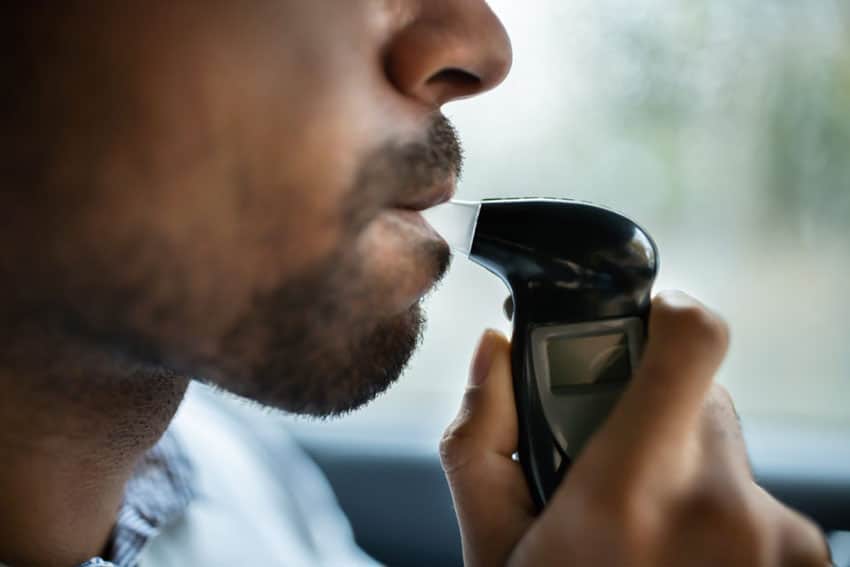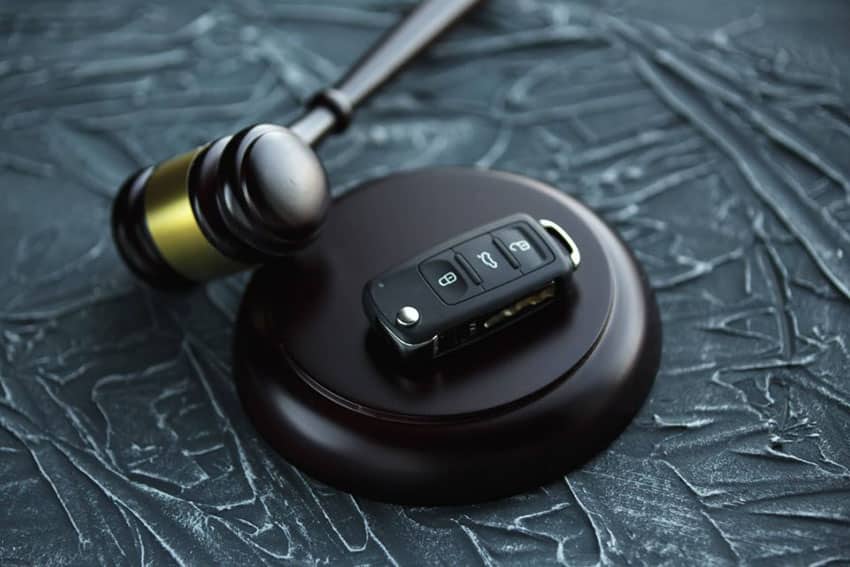A DUI evaluation is a critical component of many DUI (Driving Under the Influence) cases. It is designed to assess an individual’s relationship with alcohol or drugs and determine if further education or treatment is necessary. Courts often mandate these evaluations as part of sentencing, or they may be required before an individual can reinstate their driving privileges.
In this article, we’ll explain what a DUI evaluation is, what it involves, and why it’s an essential part of the DUI legal process.
What Is a DUI Evaluation?
A DUI evaluation is a professional assessment conducted by a licensed counselor or specialist to determine whether substance use contributed to the DUI offense. It also evaluates the likelihood of future incidents and may recommend education or treatment programs based on the findings.
- DUI Alcohol Evaluation: Specifically assesses alcohol consumption patterns and potential dependency.
- Drug and Alcohol Evaluation for DUI: Examines both drug and alcohol use to provide a comprehensive understanding of substance-related behavior.
Why Are DUI Evaluations Required?
Courts or state departments of motor vehicles (DMVs) often require a DUI evaluation for several reasons:
- Assessing Risk: To determine the likelihood of future impaired driving incidents.
- Rehabilitation: To identify whether the individual needs substance abuse education or treatment.
- Legal Compliance: To fulfill court-mandated requirements as part of a DUI sentence or probation.
- License Reinstatement: In some states, completing an evaluation is a prerequisite for reinstating driving privileges.
What to Expect at a DUI Evaluation
Understanding what to expect at a DUI evaluation can help ease anxiety about the process. Here’s an overview of what typically happens:
- Initial Interview:
- The evaluator will ask questions about your personal background, employment, family history, and past substance use.
- Expect to discuss the circumstances surrounding your DUI arrest.
- Standardized Screening Tools:
- You may complete questionnaires or assessments, such as the Alcohol Use Disorders Identification Test (AUDIT) or Drug Abuse Screening Test (DAST).
- Review of Records:
- The evaluator may review police reports, court records, and your driving history to better understand the incident.
- Recommendations:
- Based on the evaluation, you may be required to complete substance abuse education, attend counseling sessions, or enroll in a treatment program.
How Long Does a DUI Evaluation Take?
The length of a DUI evaluation varies but generally takes between 1 and 2 hours. The duration depends on the complexity of the case and the thoroughness of the assessment.
FAQs About DUI Evaluations
- What is a DUI evaluation?
A DUI evaluation is an assessment to determine the role of substance use in a DUI offense and whether education or treatment is necessary. - Why is an alcohol evaluation for DUI required?
Courts require evaluations to assess risk, determine rehabilitation needs, and ensure compliance with sentencing requirements. - What happens during a DUI evaluation?
The evaluator will conduct an interview, administer screening tools, review records, and provide recommendations based on the findings. - How long does a DUI evaluation take?
Most evaluations take 1 to 2 hours, depending on the case’s complexity. - What happens after the evaluation for DUI?
You may be required to complete a substance abuse education or treatment program based on the evaluator’s recommendations.
Conclusion
A DUI evaluation is a vital part of the DUI process, helping courts determine the appropriate next steps for individuals charged with impaired driving. Understanding what to expect at a DUI evaluation and its purpose can help you navigate the process with confidence.
If you’ve been charged with a DUI and need guidance on evaluations or other legal requirements, the DWI Team is here to help. Our experienced attorneys can assist you in every aspect of your case, from understanding court mandates to building a strong defense. Contact us today for a consultation.













